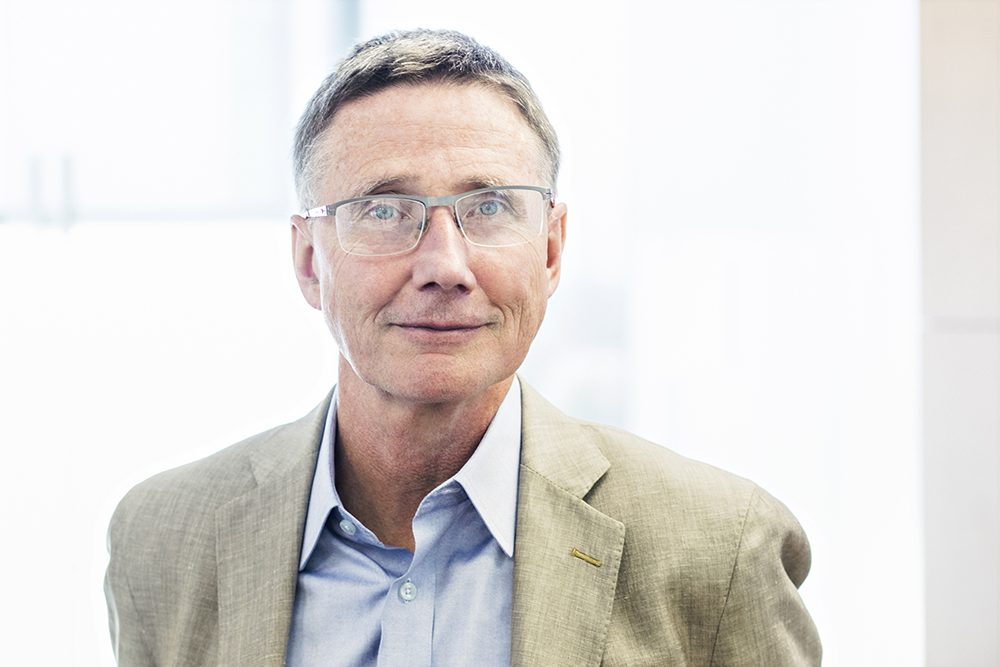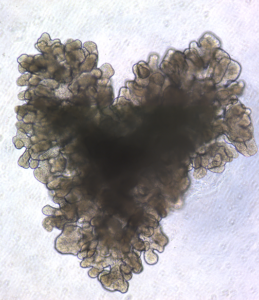
I hope that this message finds you safe and well. As we return to our labs, I thought this would be a good time to let you know about what has been happening in USC’s stem cell research center.
In March, we received instructions to wind down non-COVID-19 research projects in our labs, to minimize the spread of the novel coronavirus. We donated our gloves and goggles to front-line health care providers, and redirected some scientific energies to address the pandemic.

Stem cells provide an ideal way to generate human lung cells, a primary site of COVID-19 infection. Lung researchers from our department, including Drs. Ya-Wen Chen and Amy Ryan, are directing human stem cells to produce lung and airway cells and organoids—simplified lung-like structures. These human models are critically useful for studying infection and screening large numbers of drug-like molecules, to identify promising leads.
Two other researchers in our center are exploring the antiviral potential of drug-like molecules, originally identified as promising treatments for diseases unrelated to COVID. Dr. Denis Evseenko is studying whether a potential arthritis treatment could also serve as an anti-inflammatory for patients with self-destructive immune reactions to the novel coronavirus. With support from the California Institute for Regenerative Medicine, CIRM, Dr. Justin Ichida is collaborating with Dr. Chen to test whether an ALS drug candidate could block coronavirus infection.
For those engaged in non-COVID research, the time outside the laboratory has been an opportunity to learn new skills, pursue funding, analyze data, write prolifically, teach remotely, and forge collaborations, through Zoom courses, seminars and symposia.
In the coming weeks, we will be resuming non-COVID lab experiments, using social distancing, protective equipment, and safety protocols.
We also look forward to welcoming our master’s students in the fall for an entirely online educational experience. Faculty are swapping ideas and experiences, with a shared goal of providing as engaging a learning experience as possible.
While there have been many challenges and pressures for our community, this unprecedented time away from our laboratories and classrooms has allowed us to reflect, regroup and prepare for what lies ahead.